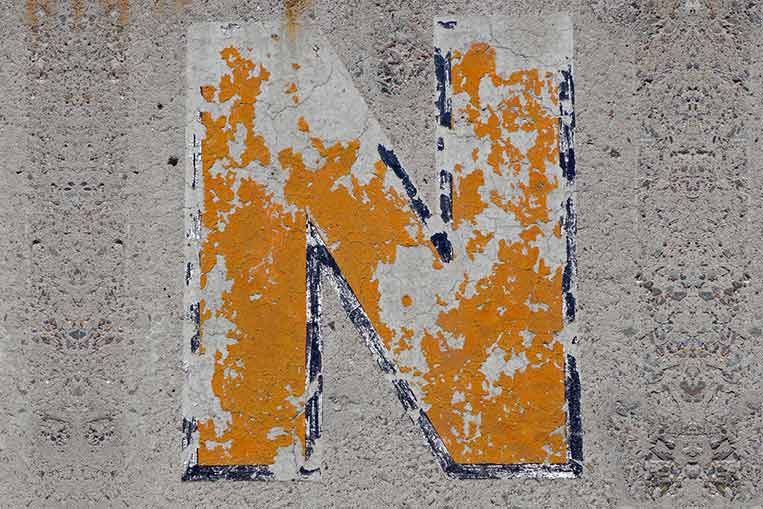EMPOWERMENT ALPHABET
NAKEDNESS
We chose such an evocative and provocative word because it allows us to make two considerations that are key to the self-empowerment process.
The first one can be synthesized with the saying “less is more”.
We often conceive our personal growth and development as a process, as an attempt to build, or even contrive, ourselves in order to look better, more skilled or successful. The risk is that of developing forced or unnatural behaviors, methods, or attitudes with the result of losing authenticity and naturalness. On the contrary, the self-empowerment process aims at authenticity and, in this perspective, it is similar to the job of a sculptor who “chips away” the surplus rather than to that of a kitsch interior designer who adds the umpteenth ornament. According to this view, nakedness is a goal, a path to be pursued in order to let our innate qualities emerge. Nakedness is also a way of accepting ourselves and, perhaps, even our vulnerabilities.
The second one, connected to the first, has to do with the fact that the term nakedness gets us in touch with one of the most deeply-rooted desires and, at the same time, greatest fears of human beings: that of being seen for what we are. Nakedness constantly reminds us that each of us is far more exposed, far more “knowable” than he/she had originally thought. In our workshops participants are often surprised by the insightfulness of the feedback they receive, even from colleagues that didn’t know them until then.
On our side, we are not surprised, quite the contrary, we are confirmed in our belief that, no matter how hard one tries, going unnoticed or attempting to disguise oneself is not only unsuccessful, but also extremely energy-consuming (controlling oneself, dominating one’s drives, showing only some aspects…).
Despite the effort it requires, nakedness makes us empowered because, once embraced, it allows us to get rid of the fear of being unmasked while allowing us to redirect our energies towards something different.
We often seek safety and comfort in small gestures, habits, or objects that make us feel somehow protect, similarly to what Linus does with his blanket… . Think of this “blanket”, that is, of the things whose absence would make you feel vulnerable (for example, a Linus’ blanket may be the need to be excessively prepared in view of a meeting out of the fear of getting tripped, or that of wearing certain items of clothing (e.g. high hills or a tie) to feel more self-confident, or again, that of using mediated (mails or WhatsApp) rather than face-to-face communication).
Identify your “Linus’ blanket” and try doing without it for a day. Observe your feelings and acknowledge all the resources you need to use to deal with your everyday schedule.
Leave your experience in the comments section.

Scrivi un commento